The Beginner’s Guide To Raising Ducklings: Everything You Need to Know To Get Started
Raising backyard ducks is a great way to supply your family with farm fresh eggs, and their quirky antics and personalities make ducks a fun addition to your backyard flock. Raising ducklings is a little different that chicks, this is everything I learned when raising my first duck flock.
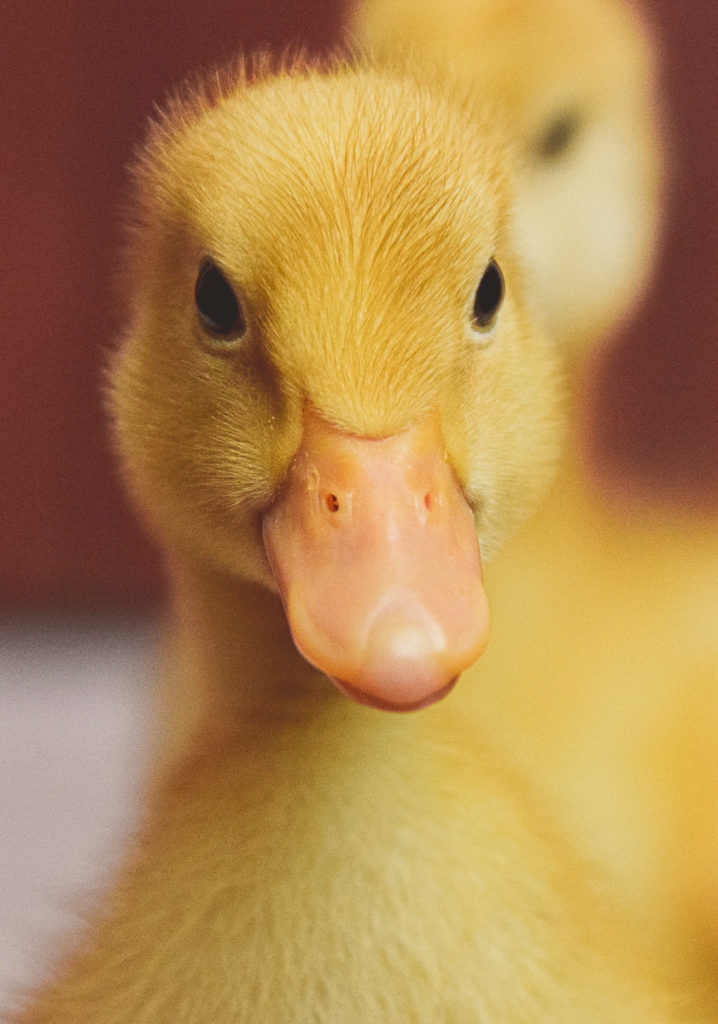
I’ve always enjoyed having chickens, but I was always curious about adding ducks to my backyard flock. I was always hesitant because I wasn’t really sure if they would be a good addition.
This spring while we were shopping for dog food at Tractor Supply my daughter talked me into getting ducklings, she didn’t need to twist my arm I had already been thinking about ducks for a couple of years . We left the store that day with dog food, 6 ducklings ( NYS minimum) and a bag of duck starter.
I’ve raised chicks before, so I assumed ducks would be similiar.
I was so wrong.
Ducks are not more difficult to raise than chicks, but they are different. Ducks are messy and grow incredibly fast. Everyday I felt like I was tweaking their set-up or learning something new. So I thought I would share eveything I learned those first few weeks,
Preparing for Ducks
Before you get ducks it is a good idea to put togehter a duckling starter kit for yourself. You might already have some supplies on hand, but the rest you will want to purchase so you have your setup ready before you bring your ducklings home.
- 10.5 in. brooder reflector lamp
- Red heat lamp bulb
- chick feeder
- Clean empty gallon milk jug
- Non-medicated flock raiser feed
- Bedding
- Brooder
- Brooder Thermometer
- Electrolyte and Vitamin Supplement for Poultry
Selecting Ducks
There several breeds of domesticated ducks to choose from and it is important to choose a breed that best suits your particular needs, so spend some time reading up on the different breeds. You can usually get day old ducks at the same places where you can purchase day old chicks, but I’ve found larger out of state hatcheries have the best selection of breeds, and aren’t bound by New York State’s minimum purchase of 6 live birds under the age of 2 months.
I wanted ducks for egg production and have Pekin ducks, with a small hatchery order of Female Buff Orpington Ducks coming at the end of the month.
Brooder Setup
A brooder is very simply a warm area to safely house ducklings while they are very young until they are able to care for themselves. Idealy, you should have your brooder set up, warmed and all ready before the ducklings arrive.
Brooder Options:
Over the years I’ve tried different types of brooders out, and plastic totes are one of the easiest, but I found ducks quickly outgrew our largest tote quickly, and after a week I transitioned them to a Plastic Kiddie Pool with fencing wrapped securely around the pool, to keep the curious resident dog away from our ducklings. The pool worked well, but it wasn’t long before the duckling where spending the majority of their days in a run outside when weather premitted.
Temperature:
Ducklings like a temperature of 90-92 degrees for the first 3 days, then 85-90 degrees for days 4 to 7. After the ducklings are a week old, drop the temperature in their brooder by approximately 5 degrees per week.
Use a infra-red heat lamp with a hood over it to direct heat toward the floor of one side of the brooder. It is important to have a cool side, and warm side within the brooder to allow ducklings to move from warmer to cooler as needed. To decrease the temperature simply raise the height of the infared heat lamp moving it further away from the floor of the brooder.
Don’t stress about the precise temperatures too much, the ducklings will let you know if they are uncomfortable. If you check on them and they are sitting with their mouths open & panting, it’s too hot, and time to back the heat off a bit more. If they are peeping loudly and huddled together bring the heat back some more.
Heat lamps are a fire hazard, so please use care and discretion when adding one to your brooder set-up. Take every precaution to ensure you have the lamp secure so it will not come in contact with flammable materials and bedding.
Bedding:
I was suprised at how messy ducks are in the brooder! I mistakenly thought brooding ducks would be about the same as brooding chicks. I was wrong! Ducklings make quite a mess when eating, and their droppings are prolific and wet. They must be kept clean and dry, so change bedding often. Pine shavings make good bedding for ducklings as you can address problem wet areas as needed. I used straw because we already had it on the farm, straw isn’t very absorbent, or as easily stored and handled as shavings, but it got the job done. I changed out the brooder straw twice a day, to make sure my ducklings were clean and dry.
Outdoor Duck Housing
At some point your ducks will move to their permanant outdoor home. How big does your duck coop need to be and how many ducks can it hold? How much floor space does each bird need in the coop? The minimum recommended space per adult duck is three square feet in your duck coop (about 18 inches by 18 inches per bird). But, I perfer a slightly more spacious space ratio, and plan for four to six square feet per adult bird (two feet by two or three feet). We converted an old shed into a coop several years ago that is large enough to hold a large-ish backyard flock.
Feeding Ducklings & Ducks
I’ve spent a lot of time readng up on duck diets, and while I am not an expert I did weigh the differing opinions and went the route that made sense to me and my flock. You should always do what you feel is right for your homestead and flock. Learn all you can about the nutritional needs of any animal and feed accordingly, using the best ingredients you can source.
Traditionally, it is recommended to feed ducklings a high protein (20%) feed from hatching until they reach maturity, and if you are raising ducks for meat, getting the birds up to market weight rapidly with a high protien feed is an ideal plan. But if your ducks are are going to be taking up a permanant residence on your homestead as an egg layers, and yard ornaments, I beleive a slower growth rate will be better for the duck in the long term, which means varying the amounts of protein they recieve as they grow and mature.
It is also important to point out that ducklings don’t need a medicated feed. I read some interesting viewpoints on the common misconception that medicated chick feed is toxic to ducklings, but I’ve never feed my chicks medicated feed and didn’t see any point in starting with ducks.
Niacin
Niacin is a critical vitamin required for the correct development of ducklings. In fact, waterfowl have a higher requirement for niacin than chickens. A diet deficient in niacin can lead to leg problems, and deformities, so you want to make sure your feed contains niacin or you are adding a niacin supplement to their diet.
I’ve read that there are feeds specifically created for waterfowl, but I couldn’t find a waterfowl specialized feed locally, so I went with a non-medicated flock raiser from Purina, which labeled for ducks and chickens, and is fortified with the niacin ducklings need. If you choose to go with a chick feed for your ducklings, make sure to supplement them with additional niacin. A easy way to add niacin to a ducklings diet is by sprinkling in 1 tablespoon of Nurtritional or Brewers Yeast per cup of feed.
Ducklings 1-2 Weeks Old:
Feed your ducklings a flock raiser or higher protein (20%) non-medicated flock starter ration for only the first two weeks of growth with ducklings. During this time my 6 ducklings went through 5lbs of Flock Raiser a week.
Ducks 3-14 Weeks:
From weeks 3 to 14, I feed a 16% protein grain sprinkled with Brewers Yeast for niacin. Around this time my ducks began supplementing their flock raiser ration with free range foraging in my garden, and we provide treats, freeze dried mealworms which are a duck favorite!
Ducks that have access to dirt will pick up small stones on their own and don’t need supplemental grit offered. If your ducks are kept in enclosures without access to dirt, sprinkle a small amount of grit on their food once a week to help with digestion.
Laying Ducks
Due to the large number of eggs they can produce (many more than wild birds do), laying ducks have very high requirements for calcium and protein, and must be fed a layer or breeder diet. Laying feeds typically contain 16-17% protein and at least 3.25% calcium. Layer feed is balanced to keep layers healthy and producing quality eggs, and is made with cereal grains, oyster shell, and essential vitamins and minerals.
Water
Ducklings can have a chick waterer for the first week or two, and then they should have something deeper. Ducks need to be able to fully submerge their heads underwater to keep their eyes and nostrills healthy .
One of the greatest challenges I had with brooding ducklings was figuring out how to keep a supply of clean water available to them that would allow the ducklings to fully submerge their heads, while also keeping their brooder dry. I tried a few different bowls and waterers before I finally discovered how to make a mess-free waterer, and the best part was it was free!
Repurpose a clean gallon milk or vinegar jug, to make a mess-free duck waterer. All you need to do is figure out the tallest height at which your ducklings can easily get their heads into a window. Use a craft knife to cut two or three small rectangles in the sides of the jug just large enough for the ducks’ heads. Fill the jug to below the windows with fresh clean water. Make sure you keep an eye on the water level, because ducks drink a lot of water, and they are also dabblers and will get feed into their water constantly. You’ll likely need to refill your milk jug several times a day or providing a milk jugs for the ducks to drink out of. As your duckling grow, make new waterers so the height of the access window is right.
I do like to have Electrolyte and Vitamin Supplements for Poultry to have on hand. I mix it into duckling and chicks water when I first get them home to help offset the stress of shipping. During extremely hot days during the summer I will also use an electrolyte to help with hydration and general health. Electrolytes are not 100% neccesary, especially with ducks who LOVE water, but during times of stress it is a simple preventative measure I can offer.
When To Transition Ducks Outside?
Ducks are a little hardier than chicks, but I still wait until mine have feathers before moving them outside in the spring full time. During warm weather, they’re allowed to go outside in a small fenced in area, but are brought back in at night so they stay safe and warm.
Do Ducks Need a Pond?
Since I have gotten ducklings the single question I get asked the most is “Don’t Ducks Need a Pond”?
The short answer is “no, domesticated ducks don’t need a large body of water to live a happy and healthy life“
There are several breeds of domesticated ducks that have been breed for years to be raised by humans on traditional farms, homesteads, and in backyards. But, it is important to know ducks do need to be able to bathe in water, luckliy that can easily be accomplished in a plastic kiddie pool.
The kiddie pool/duck pond requires a fair amount of maintance each week, Depending on the weather, the number of ducks you have, and the size of your kiddie pool you will have to dump the pool and refill with clean water several times a week, or even daily.
When Can Ducks Go for a swim?
Ducklings can be introduced to swimming water as early as one week of age, but you must be very careful. Young ducklings don’t have the oil on their feathers that offers waterproof protection and they can easily become chilled. The water should not be too cold and they must have access to their heat lamp for rewarming quickly after their swim. But early swims speeds the development of their oil glands.
They must be able to walk in and out of the water very easily, we found a paint roller tray is the perfect introduction to water for young ducklings. Our young ducklings loved splashing around in the shallow water, and could easily wad in and out.
Keeping Ducks Safe From Predators
A duck’s main predator is likely raccoons, but they can also fall prey to weasels, foxes, skunks, and coyotes.
Predator-proof your duck house with secure window openings covered with hardware cloth wire mesh and either shut them in at night with a coop door or a securely fenced duck pen that can keep out predators. Your duck house should also have a floor barrier to keep burrowing predators out, we used concrete pavers, but plywood floors can also serve the same purpose. One the same note, secure poultry fence extends well below ground level to keep burrowing predators such as weasels out, your fencing should also provide overhead protection from climbing and flying predators.
I hope if you are considering ducks this introduction to raising backyard ducks will be helpful to you. I’ve found a lot of joy raising ducks during these time of uncertainity, their quirky antics are entertaining and a pleasant distraction. I’ve enjoyed our small backyard flock of ducks so much I cancelled my chick order from the hatchery and ordered a few more female ducks.



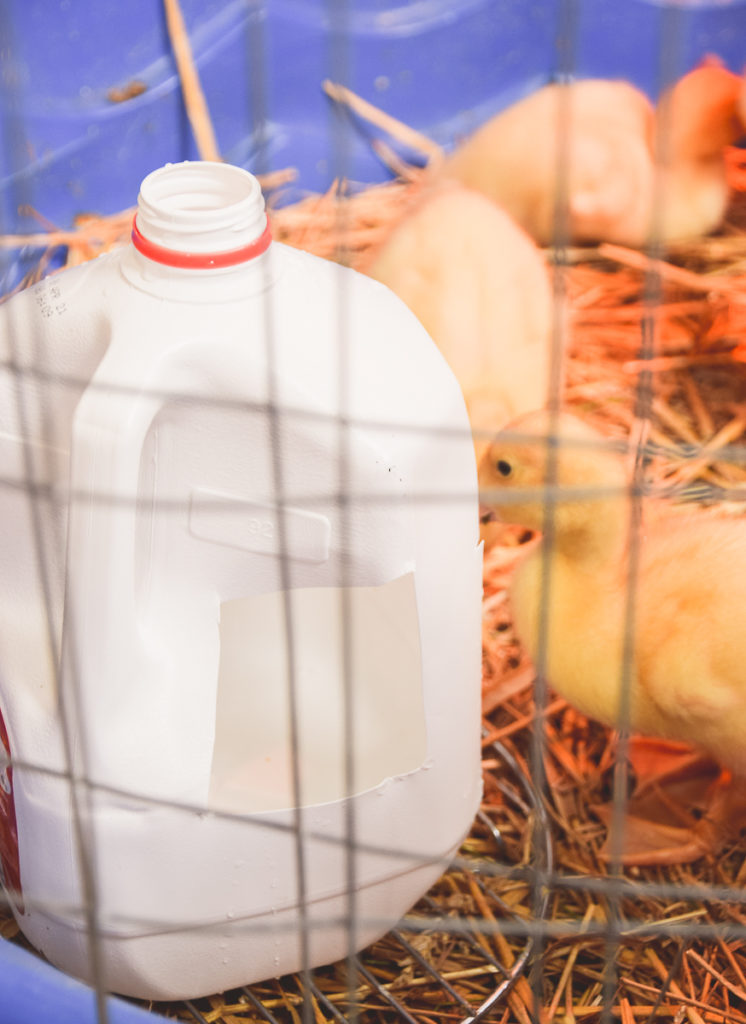



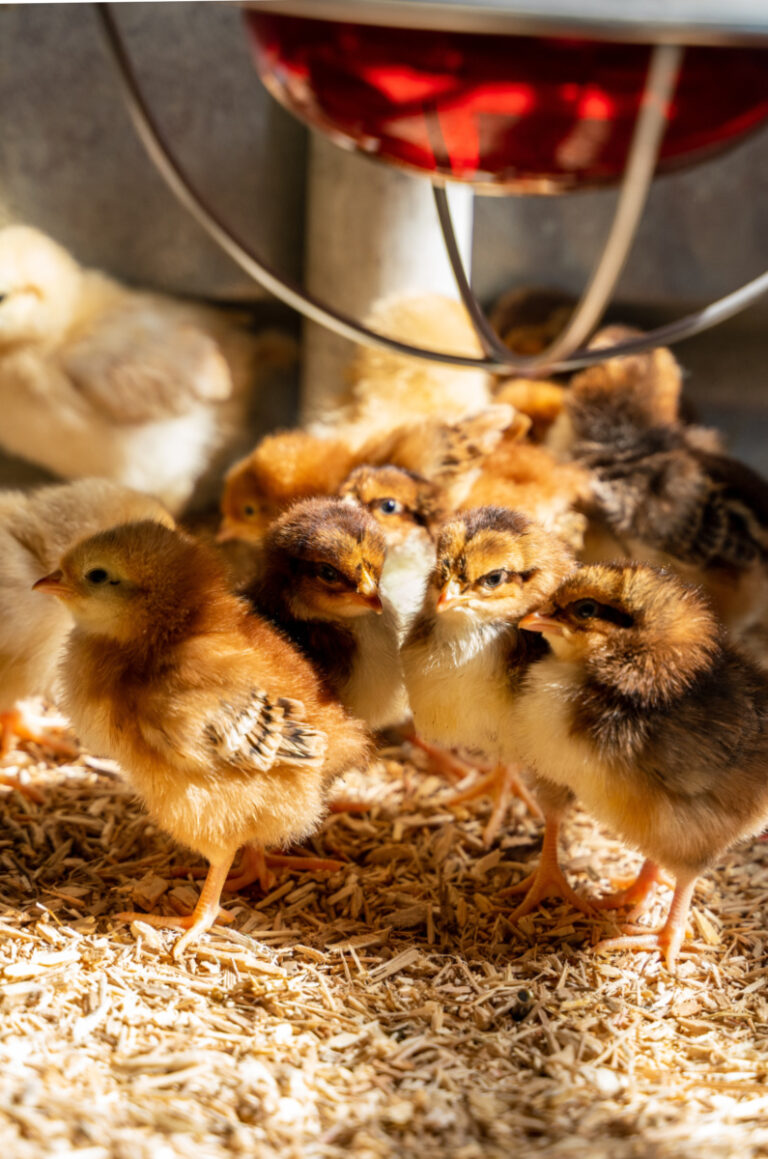
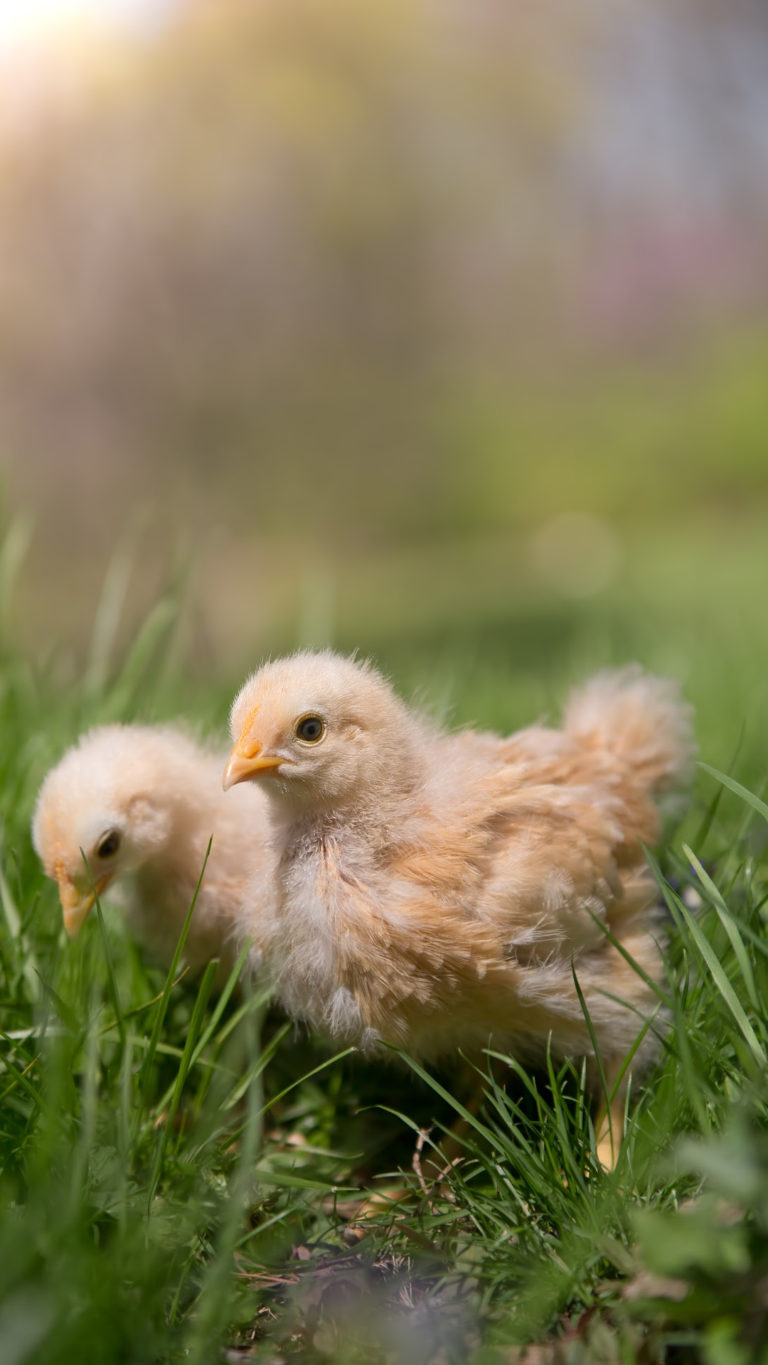
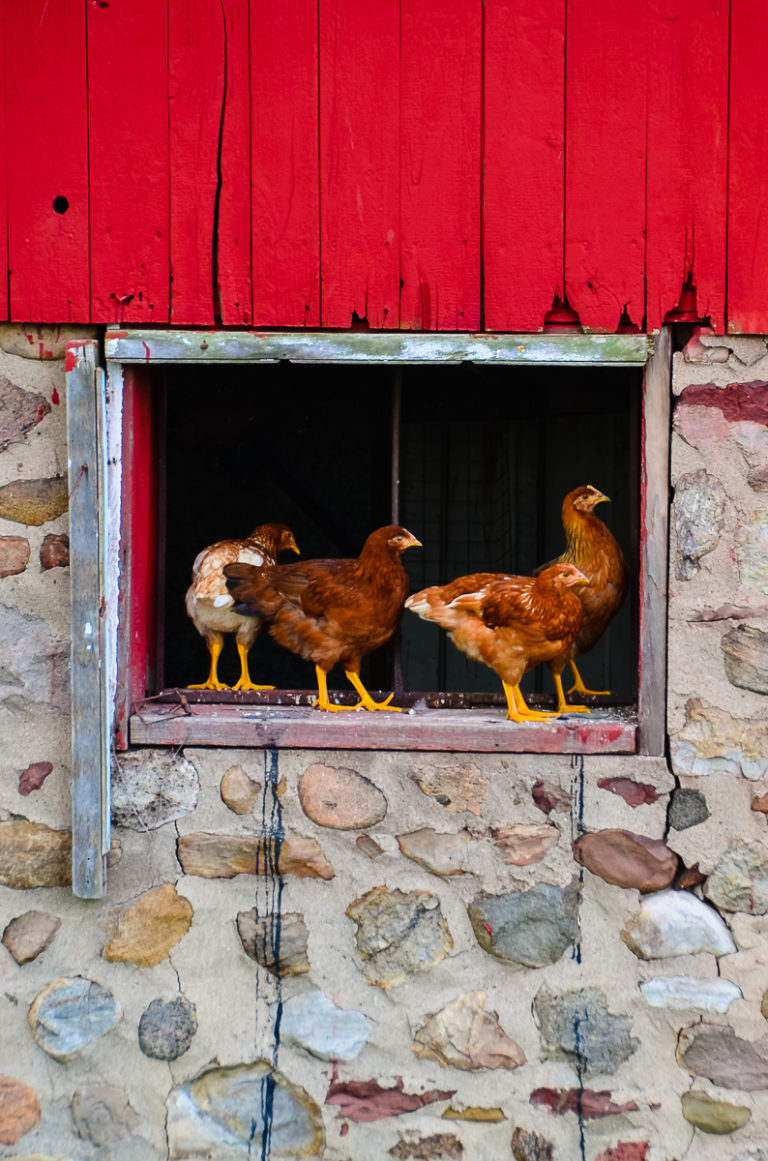
This article was very informative. Answered all my questions i had. Thank you so much.
You think ordering duckling online is okay to do it seems so strange..
@Mary It does seem a little strange, and sometimes the eggs come cracked, but it’s definitely okay!
If you’re talking about getting ducklings already hatched, I don’t see a problem with that besides that fact that you have to give them food and water nearly immediately or else they pretty much die, from my experience with chicks.
I got my ducklings hand-delivered from some friends, so I’d have no idea about ducklings specifically.
Hope this helps!
-Marseilles
I am so happy i found this! But i have a question.. i have two ducks and throughout the ending of today i notice they are shivering (like if they were freezing) i don’t know why do you by any chance know?
@Jakks Garcia, it means there frightened of something so make sure to check around the area and your surroundings if there’s nothing maybe your reflector lamp is working properly
Thank you for the reminder of care for each stage per week. I am about to receive my 3rd set of ducks and learning about the predators was my hardest part. I want to ensure they are properly integrated into the family of fur babies.
Please help! We live in an apartment complex with a small spring fed creek that runs behind. Everyone enjoys seeing the ducks and we’ve gotten people to stop throwing garbage for them and have been feeding them duck food from Tractor Supply. A couple months ago 2 ducks just showed up (probably abandoned) we believe them to be Cayuga ducks. After a few weeks they began breeding and the males got aggressive and would chase the females out of the grass and into the parking lot where they’d lay until night. The females disappeared a couple weeks ago. One showed up last week and we found the other this morning as the males were protecting her. She laid eggs in the parking lot next to an air conditioner without a nest. We’ve become quite attached to these essentially free range ducks. How do we help with the aggression and more importantly is there a way to help direct the female where to lay her eggs where they’re more protected? We’d obviously love for her to have ducklings but being so exposed is there anything we can do to help protect her in the mean time or cut the losses, build her a shelter somewhere and try and get her to use the shelter somewhere along the creek?
Any help is greatly appreciated.
@Chris,
I have found that the males get agressive towards humans etc rather than the female ducks, perhaps the females are just trying to get away from the over enthusiastic males.In my experience you cant really stop protective agression from the males – that is their job once the females are sitting.You can move the eggs to a nesting area with a cover from weather and suitable bedding, ours have been persuaded to move but their is no guarantee. Otherwise the most likely method to be successful is to build a nest (cover and bedding etc) where they are laying the eggs. Are they sitting or just laying? They will lay quite a few eggs before they sit and many breeds do not go broody at all. If they show no sign of going broody despite many eggs then eat them as they wont start developing until sat on. Depending on the breed they take 28-35 days before hatching so best of luck to you and the ducks! Sorry if this is not much help, but at least it is an answer.
Annette
Thank you so much for sharing all this pertinent information. I have been monitoring g and adjusting how I can best meet my ducklings’ needs. I felt like at least I was doing something right!
This is so helpful! I was watching videos on YouTube and none of them had half the info in this! Thank you so much, I can’t wait to add some ducks!
Very much educative tip.iam determined to start mine this very months. God bless you.